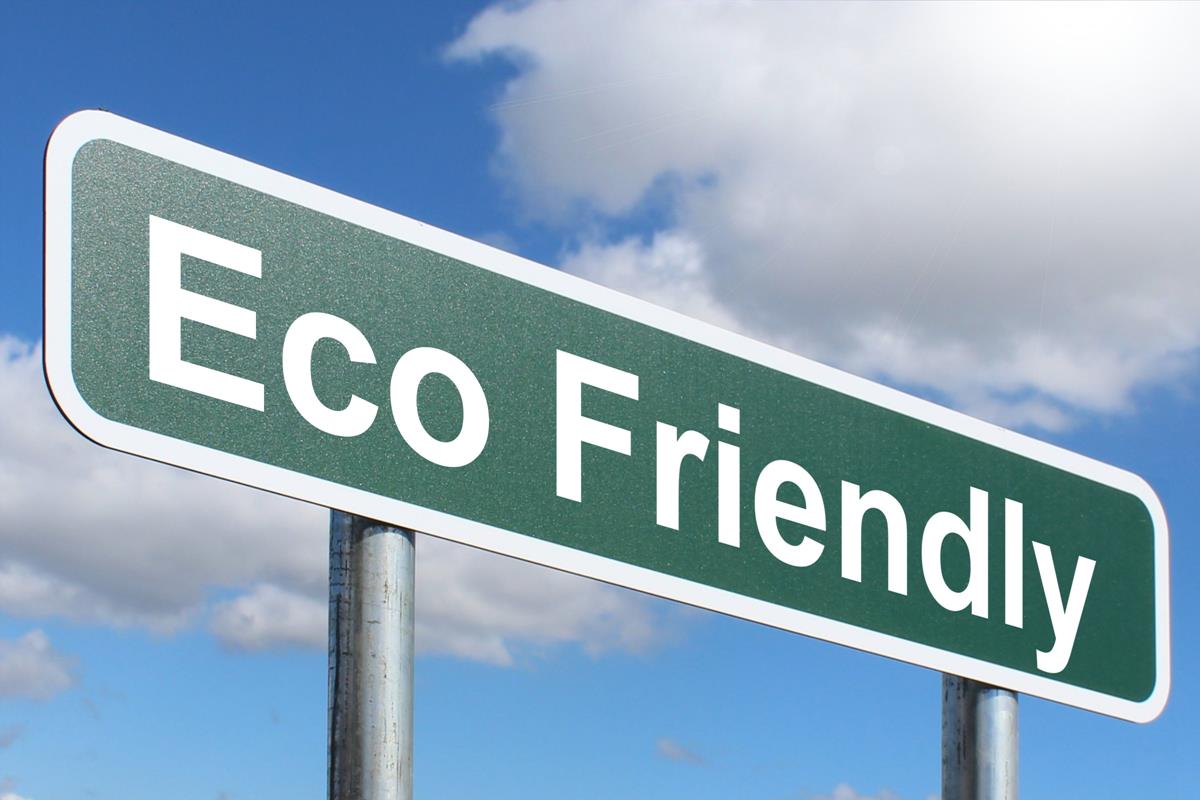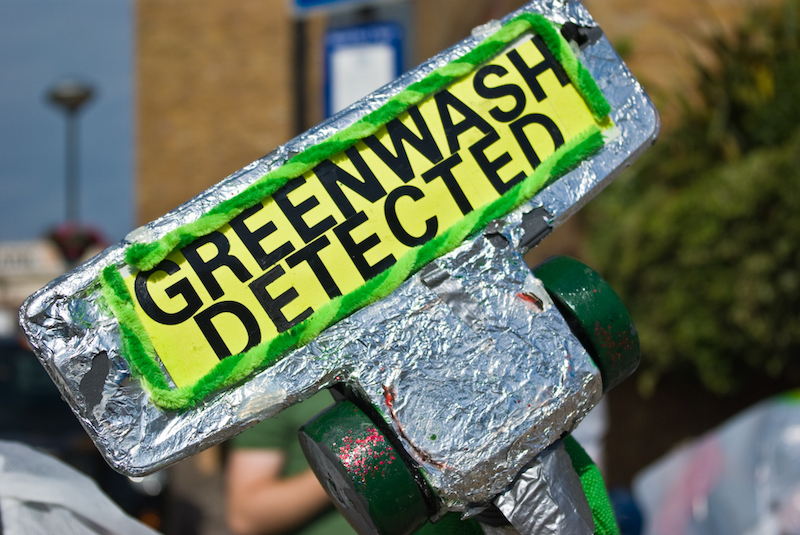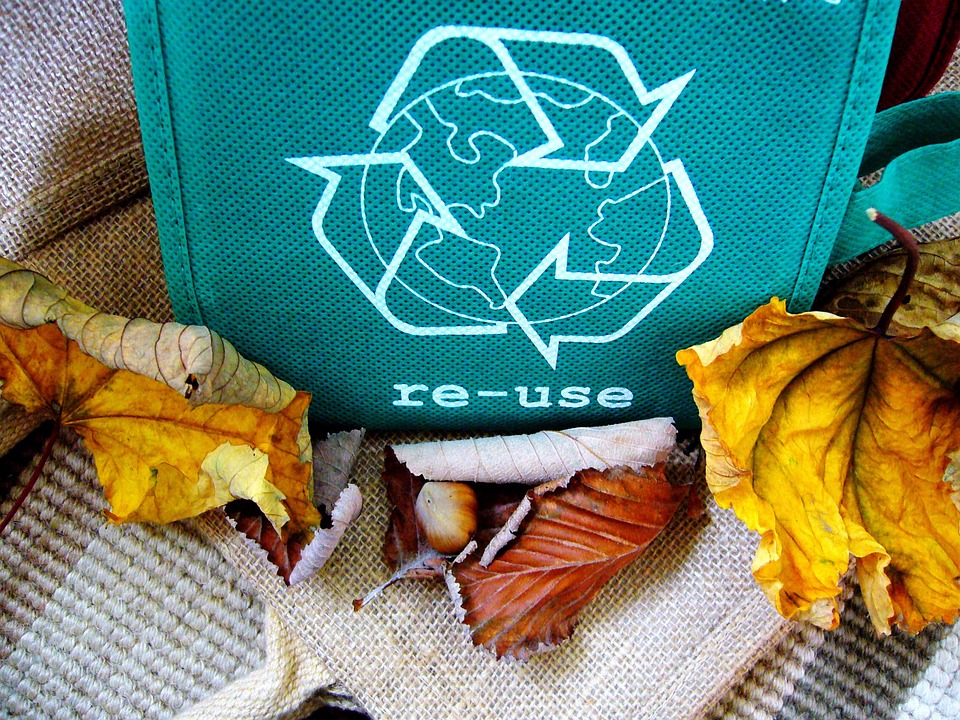Invented in the 1980s by Jay Westerveld, an environmental activist greenwashing refers to deceptive marketing practice. A brand is greenwashing when its customers wrongly believe that its products, actions, or commitments are eco-responsible. This post will tell you how to disentangle the truth from the false, identify and avoid greenwashing.
The importance of reliable ecolabels against greenwashing
Many brands abusing the ecological argument do not hesitate to use fake ecolabels to make their speech credible. Some even create their labels with no value because they are not subject to independent controls.
Sometimes, manufacturers use logos on their packaging that deliberately confuse the consumer. For example, the famous “Tidy Man” logo, which represents a person throwing a waste product in the trash, does not indicate that the packaging is recyclable but aims to encourage consumers to throw the packaging in a trash can rather than in nature.
Some mentions, such as “preserves the environment”, “non-toxic”, “non-polluting,” or “zero-emission, zero impact,” are not officially protected and are not legally framed. In reality, therefore, these are only unverifiable claims.
It is essential to make sure that the labels put forward by the brand are real ecolabels, guaranteeing a fundamental ecological approach. Take, for example, the EU Ecolabel. A real ecolabel must be awarded by an independent body, based on precise specifications, integrating all stages of product design.
Greenwashing: check the labels to analyze the composition of a product

On some products, brands practicing greenwashing do not hesitate to put a lot of “without” mentions: without parabens, without sulfates, without chlorine, etc. Although this expression is regulated by law, it does not mean that substitute products, sometimes even more harmful to health or the environment, are not present.
You can read labels carefully, using specific tools such as the INCI (International Nomenclature of Cosmetic Ingredients) list, making it easy to identify the ingredients of cosmetic products or particular applications that analyze the composition of food products.
You should know that the ingredients are listed in descending order of weight or volume whatever the product is marketed. The first ingredient listed is the one that is present in the most significant quantity in the product. For example, in a food product, you can know if the ingredient that is supposed to be in the majority is present.
Find out more about the company to identify greenwashing.

A little research on the Internet will usually tell you more about a brand that claims to be environmentally responsible. The companies that implement real actions in favor of the environment most often communicate with sourced and verifiable data. If this is not the case, and if any concrete proof does not accompany the announced values, there is reason to wonder about greenwashing.
For example, a brand that communicates on its carbon footprint in full transparency is an authentic ecological approach, while not all companies are obliged to do so.
Do not hesitate to inspect the legal information on the site and check, for example, the proclaimed independence of a brand. If the brand belongs to a large group that has not taken any environmental action, it is legitimate to doubt the brand’s opportunism.
Finally, a brand that markets eco-responsible products while at the same time selling polluting and unethical products is probably not the most sincere about its true intentions.
As responsible consumers, it is up to us to regularly inform ourselves to set a course for a sustainable consumer society.
Hope you have liked this post which is incomplete without your participation. Remember to share your opinion in the comments below.




